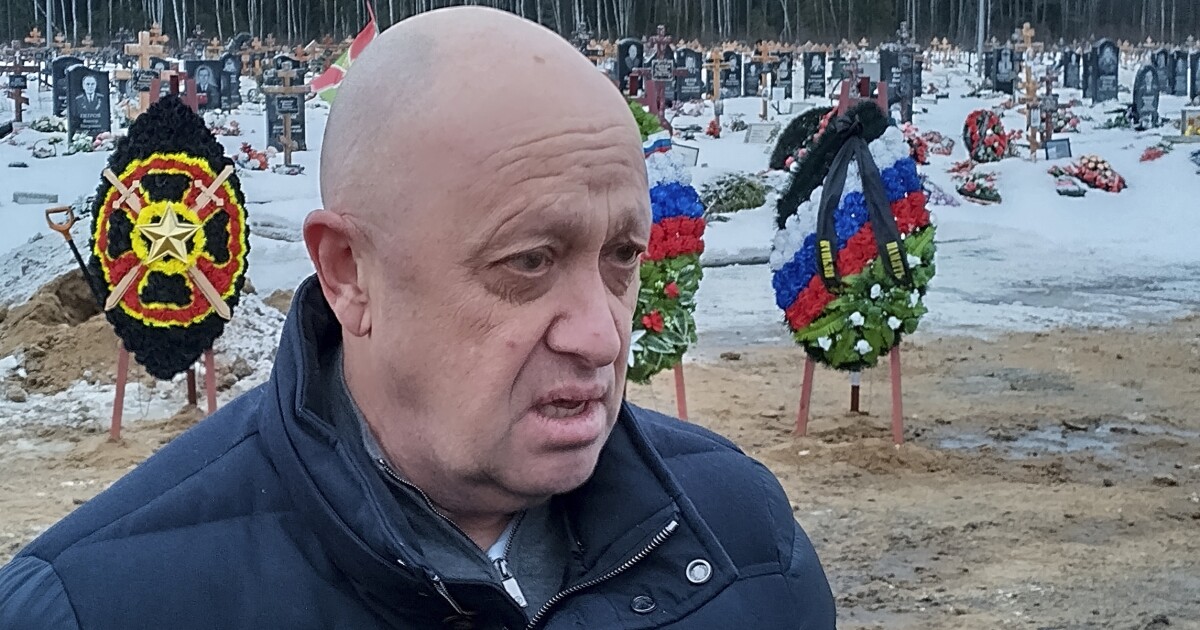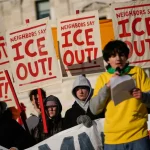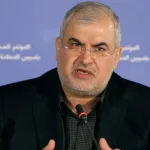

A dispute between Russia’s top defense ministers and the founder of a Russian mercenary group, a close ally of President Vladimir Putin, is showing cracks within the Kremlin leader’s inner circle.
Yevgeny Prigozhin, founder of the Wagner Group, has emerged from the shadows in recent months as Russia’s military faltered in the war. Moscow’s forces are believed to have suffered roughly 200,000 casualties. Prigozhin’s organization has helped boost Russia’s manpower. But he has also increasingly taken thinly veiled shots at Russian military leaders for the losses on the battlefield.
TIMELINE OF RUSSIA’S YEARLONG WAR IN UKRAINE
The dispute between the Wagner Group boss and Russia’s ministry of defense took a new turn when Prigozhin accused Chief of the General Staff Valery Gerasimov and the Minister of Defense Sergei Shoigu of “treason.” He claimed the Russian defense leaders were providing his troops with fewer resources, perhaps intentionally, leading to unnecessary deaths.
The Russian Defense Ministry denied the allegation and said claims like it aid the enemy, while Prigozhin called that response “an attempt to hide their crimes.” After posting a photo of a room full of dead Wagner Group fighters, Prigozhin went on to say the requested ammunition was on its way.
Whether that resolves the dispute or is a sign of lasting splits in Putin’s support base remains to be seen.
Prigozhin, previously known as “Putin’s chef” for his catering business that garnered government contracts, grew in prominence as Russia’s troops floundered in Ukraine. He went to Russian prisons to recruit inmates to fight on the front lines in exchange for their freedom — if they survive. He has roughly 50,000 troops fighting in the Donbas, where they and Ukrainian forces have fought for months. About 80% of them are released convicts.
When rare victories occur on the battlefield, Prigozhin has been quick to take credit for his troops’ successes. It’s a long time coming though since he hadn’t acknowledged his role in the founding of the Wagner Group until this past September, even though the organization first emerged in 2014 during Russia’s annexation of Crimea.
Since then, Wagner Group contractors have taken part in various conflicts in a number of African and Middle Eastern nations, including Syria, Libya, the Central African Republic, and Mali. International investigators and human rights organizations have accused the Wagner Group of crimes, including targeting civilians, mass executions, and looting private property in conflict zones.
Prigozhin said in September that his “group of patriots” was formed in May 2014, adding that he was proud to have supported “heroes who defended the Syrian people, other people of Arab countries, destitute Africans and Latin Americans.”
Weeks ago, the Biden administration sanctioned the Wagner Group, designating it as a “transnational criminal organization.” There is also a bipartisan group of senators trying once again to pass a bill that would require the State Department to designate them as a foreign terrorist organization.
“Wagner personnel have engaged in an ongoing pattern of serious criminal activity, including mass executions, rape, child abductions, and physical abuse in the Central African Republic (CAR) and Mali,” the Treasury Department’s readout explains, adding that the new designation came out “for being responsible for or complicit in, or having engaged in, the targeting of women, children, or any civilians through the commission of acts of violence, or abduction, forced displacement, or attacks on schools, hospitals, religious sites, or locations where civilians are seeking refuge, or through conduct that would constitute a serious abuse or violation of human rights or a violation of international humanitarian law in relation to the CAR.”
Prigozhin was first sanctioned by the U.S. government in 2016 and was put on the FBI’s most wanted list in 2021, according to Financial Times.
CLICK HERE TO READ MORE FROM THE WASHINGTON EXAMINER
Prigozhin admitted in November to interfering in U.S. elections and said he planned to continue such activities.
“It’s well known and well documented in the public domain that entities associated with Yevgeny Prigozhin have sought to influence elections around the world, including the United States. The U.S. has worked to expose and counter Russia’s malign influence efforts as we discover them,” White House spokeswoman Karine Jean-Pierre said at the time.
More recently, Prigozhin acknowledged founding the Internet Research Agency, a company the United States has alleged is a “troll farm” that meddled in the 2016 U.S. presidential election, which it sanctioned.







